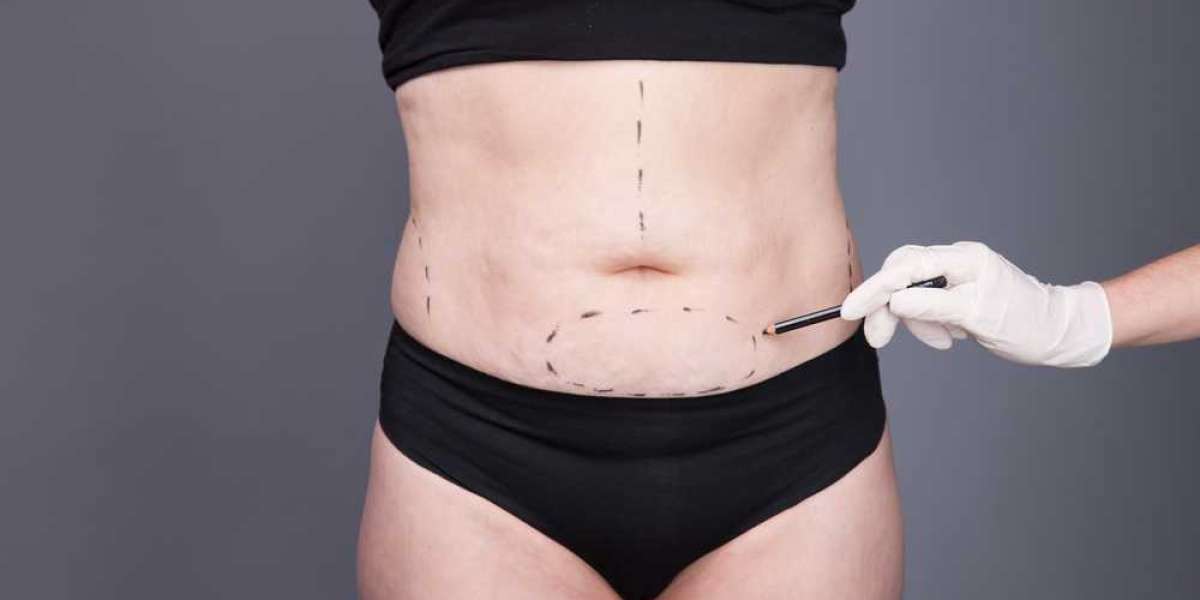After undergoing Liposuction Surgery, one of the most important parts of recovery is wearing a compression garment. While it might not seem glamorous, this essential post-surgical item plays a crucial role in healing and ensuring optimal results. In this blog, we’ll explore the purpose of compression garments, how to wear them properly, and expert tips to get the most out of your post-op care.
Why Compression Garments Are Necessary
Compression garments are snug-fitting, medical-grade wearables designed to apply gentle, uniform pressure to the treated area after liposuction surgery جراحة شفط الدهون . Their benefits include:
Reducing Swelling: Helps control postoperative swelling by preventing fluid buildup.
Improving Skin Retraction: Encourages the skin to adhere smoothly to the newly contoured body.
Minimizing Bruising: Promotes blood circulation and reduces bruising.
Enhancing Comfort: Provides support to sensitive tissues and reduces pain or discomfort.
Preventing Complications: Helps lower the risk of seromas (fluid collection) and contour irregularities.
When to Start Wearing the Compression Garment
Your surgeon will typically apply the first garment immediately after surgery while you're still in the recovery area. From that point forward, you'll be advised to wear it consistently for the first few weeks—usually 24/7 for the first phase of healing.
How Long Should You Wear It?
The duration varies depending on the area treated, the amount of fat removed, and individual healing. However, general guidelines include:
Week 1–2: Wear the garment 24 hours a day, removing only for short showers.
Week 3–4: Continue wearing it most of the day, particularly during waking hours.
Week 5–6 (if recommended): Some patients benefit from continued wear, especially if swelling persists or in cases of high-volume liposuction.
Always follow your surgeon’s specific instructions regarding timing.
Choosing the Right Compression Garment
Selecting the right garment is crucial for comfort and effectiveness. Consider the following:
1. Correct Size
Too tight can cause pain and interfere with circulation; too loose won’t provide the needed support. Get professionally measured if necessary.
2. Coverage Area
Ensure the garment fully covers the treated zone(s), whether that’s the abdomen, thighs, arms, or chin.
3. Material
Opt for breathable, hypoallergenic fabrics that wick away moisture to avoid irritation.
4. Seamless or Flat Seams
Avoid garments with bulky seams that may dig into the skin and cause indentations.
5. Ease of Use
Zippers, hooks, or snaps can make it easier to get in and out of the garment, especially when you're sore after surgery.
Tips for Wearing Your Compression Garment
✅ Follow Your Surgeon’s Instructions
Stick to the recommended schedule and guidance for your specific case.
✅ Wear a Thin Layer Underneath (Optional)
A soft cotton layer can reduce itching or irritation in sensitive skin.
✅ Keep It Clean
Wash your garment regularly according to the label to prevent skin irritation and infection. Consider purchasing two garments so you can wear one while washing the other.
✅ Don’t Adjust It Too Often
Constant repositioning or removing it too early can interfere with healing and final results.
✅ Use Pads or Liners for Comfort
For high-friction areas or tight spots, use gauze or foam pads to protect the skin.
Common Mistakes to Avoid
❌ Wearing the Wrong Size
A poorly fitted garment can cause discomfort, leave marks, or impair circulation.
❌ Stopping Too Early
Even if swelling decreases, stopping garment use prematurely may affect your body’s final shape.
❌ Wearing It Too Loose
A garment that slips or doesn't offer compression won’t aid healing.
❌ Sleeping Without It in Early Recovery
Even during rest, wearing your garment ensures consistent pressure and helps shape the body uniformly.
Compression Garment by Body Area
| Area Treated | Garment Style Recommended |
|---|---|
| Abdomen/Flanks | High-waist girdle or bodysuit |
| Thighs | Thigh-length girdle or leggings |
| Arms | Arm sleeves or vest |
| Chin/Neck | Chin strap or facial wrap |
| Male Chest | Compression vest |
When You Can Stop Wearing It
You’ll typically stop wearing your garment when:
Swelling has significantly reduced
Your surgeon confirms it's safe to do so
The treated areas feel firm and comfortable
You’ve transitioned to light activities and normal routines
Some patients transition to lighter shapewear or supportive garments after 4–6 weeks for comfort and continued shaping.
Final Thoughts
A compression garment may not be the most exciting part of your Liposuction Surgery journey, but it’s one of the most important. Consistent use aids recovery, improves comfort, and maximizes results. Think of it as the final step in sculpting your ideal shape—one that ensures your investment in liposuction pays off beautifully.








